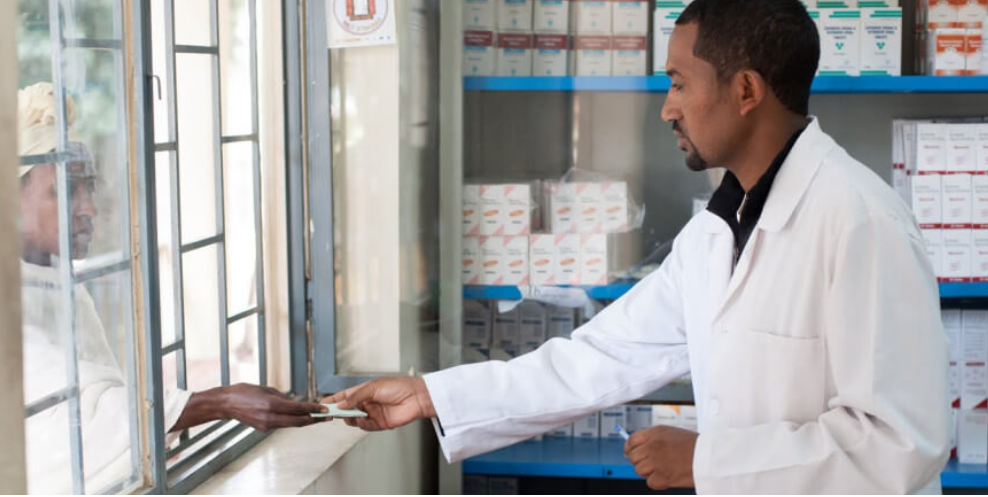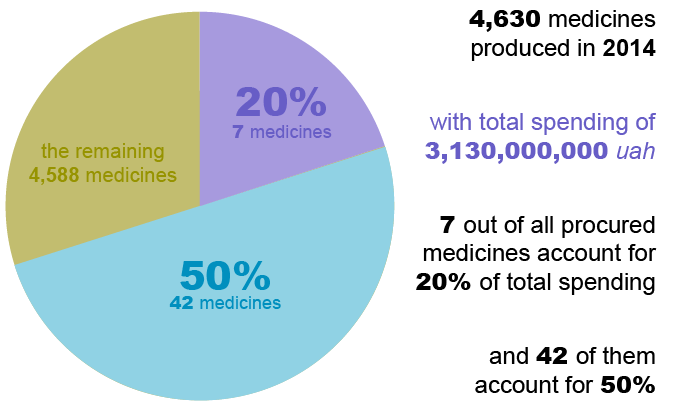By Francis Aboagye-Nyame, SIAPS program director Greatjoy Mazibuko was a pharmacist at the Oshakati Intermediate Hospital in Namibia working with ART patients. Every day, he rose at dawn, not knowing how many patients he would have that day. He often worked for 12 hours or more; patients were kept waiting for hours, perhaps having traveled … Read more
Archive Featured
SIAPS End of Program event: Toward Building Resilient Pharmaceutical Systems
The USAID-funded Systems for Improved Access to Pharmaceuticals and Services (SIAPS) is holding an end of program event on March 1, in Arlington, VA. We’ll be discussing progress made toward ensuring that quality, life-saving essential medicines and services are available and affordable to those who need them. We’ll also explore goals and challenges for the … Read more
Case studies in strengthening pharma systems: Evidence of lasting progress

By Francis Aboagye-Nyame, SIAPS Project Director Over its six years working in dozens of countries, SIAPS has carried out a vision for health system strengthening that USAID developed and has supported for more than two decades. In partnership with countries and organizations, the agency has led pharmaceutical systems strengthening interventions that have helped countries … Read more
Setting the stage for pharmaceutical system reform in Ukraine

By Juanita Folmsbee, Ukraine Country Project Director, SIAPS and SAFEMed To be fully effective, health system strengthening projects should have sustainable impact and lay the groundwork for future progress. Here’s how SIAPS’ work supported health system reform in Ukraine. SIAPS worked in Ukraine for four years, from 2013 through 2017. Ukraine has the most severe … Read more
Strong pharmaceutical systems run on sound data
By David Mabirizi, SIAPS Deputy Director, Country Programs Q. What does managing pharmaceutical services have in common with flying planes or performing open-heart surgery? A. All of these are complex operations that need accurate, timely information to make effective, life-saving decisions. Here’s why: Sound data helps pharmaceutical managers ensure an uninterrupted supply of medicines; quantify … Read more
Special preview: A new tool to measure pharmaceutical systems strengthening

By Helena Walkowiak and Maura Soucy Brown In SIAPS’ upcoming webinar on defining and measuring pharmaceutical systems strengthening (PSS), we’ll talk briefly about the development of a new tool that SIAPS and its partners are piloting. It’s intended to help the field measure the impact of PSS efforts. Some background on this activity: SIAPS has … Read more
What Gets Defined, Gets Measured: Definitions and a Framework for Measuring Pharmaceutical Systems Strengthening
SIAPS is presenting its webinar “What Gets Defined, Gets Measured: Definitions and a Framework for Measuring Pharmaceutical Systems Strengthening” on Wednesday, December 6, at 8:00 am EST. Although a variety of tools are available to measure different elements of pharmaceutical systems, few attempts have been made to conceptualize a “pharmaceutical system” as an entity and … Read more
Promoting safe and appropriate medicine use in Sierra Leone
Irrational medicine use and poor pharmaceutical management are widespread problems throughout all levels of Sierra Leone’s health system. Misuse, underuse, and overuse of medicines are particularly worrying because they contribute to the rise of antimicrobial resistance (AMR) and threaten the effective prevention and treatment of infections caused by bacteria, parasites, and viruses. Recognizing that coordinated … Read more
SIAPS Voices Q&A: No time to waste in preventing AMR
As part of World Antibiotic Awareness Week 2017, we present a Q&A with Mohan P. Joshi, MBBS, MSc, MD, SIAPS principal technical advisor. Dr. Joshi is responsible for providing technical guidance and support in the planning and implementation of rational medicine use and antimicrobial resistance (AMR)-related activities. Are there new AMR threats that are particularly worrying? … Read more
The Antimicrobial Resistance Challenge: No Room for Complacency
SIAPS is presenting a new webinar, “The Antimicrobial Resistance Challenge: No Room for Complacency”, on Thursday, November 9, at 1:00 pm EST. The recently published guide on building strong coalitions to defeat AMR is available here.


